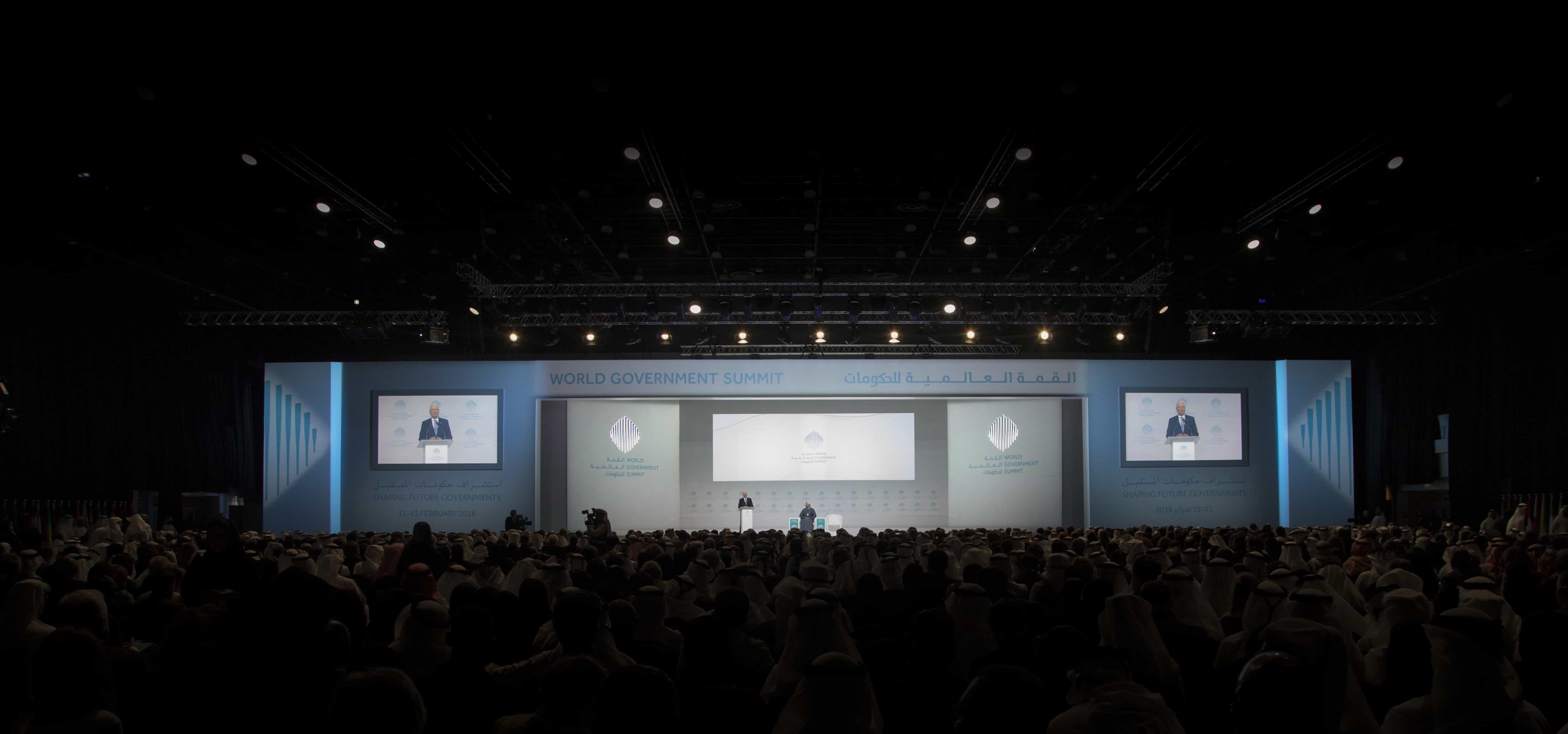
Angel Gurría was born on May 8th, 1950, in Mexico. Mr Gurría came to the Organisation of Economic Co-operation and Development (OECD) following a distinguished career in public service. As Mexico’s Minister of Foreign Affairs (Dec. 1994-Jan. 1998), he made dialogue and consensus-building one of the hallmarks of his approach to global issues. From January 1998 to December 2000, he was Mexico’s Minister of Finance and Public Credit, ensuring a smooth economic transition between different administrations.
As Secretary-General of the OECD since 2006, Mr. Gurría has firmly established the Organisation as a pillar of the global economic governance architecture including the G7, G20 and APEC, and a reference point in the design and implementation of better policies for better lives. He has broadened OECD’s membership with the accession of Chile, Estonia, Israel, Latvia and Slovenia, and has made the Organisation more inclusive by strengthening its links with key emerging economies. Under his watch, the OECD is leading the effort to reform the international tax system, and to improve governance frameworks in anti-corruption and other fields. He has also heralded a new growth narrative that promotes the well-being of people, including women, gender and youth, and has scaled up the OECD contribution to the global agenda, including the Paris Agreement on Climate Change and the adoption of the Sustainable Development Goals.
Mr. Gurría holds a B.A. degree in Economics from UNAM (Mexico) and a M.A. degree in Economics from Leeds University (United Kingdom). He is married and has three children.
Sessions
This session will discuss how different countries and institutions are strengthening their risk governance across its various dimensions, from institutional design, to inclusiveness, transparency and accountability. Presentations will highlight good practices and persistent challenges facing the institutions responsible for disaster risk management policies.
Over the past ten years, several reports and studies highlighted the pitfalls of over-reliance on GDP when assessing a country’s health and raised the question of whether economic (GDP) growth is the only appropriate measure and policy goal in the face of today's environmental, societal and economic challenges. The OECD, UNDP, and UAE Government have been promoting wellbeing as a holistic measure of development; yet, there is a need to pave the way for more integration when addressing both concepts (wellbeing and GDP) as they are mutually inclusive.
The session will discuss the importance of wellbeing as a holistic measure of country development, beyond GDP; the metrics that this holistic measure should include to create wider societal wellbeing; and its implications on governance and policy development (fiscal, economic, etc.). It will also discuss the respective roles of international organizations and governments in promoting and measuring wellbeing.
The world is in the midst of an incredible technological revolution that is transforming and challenging economies, governments and societies in complex and unpredictable ways. At the same time, in many ways the world has never been better, with poverty and hunger rates at all-time lows and countries uniting in unprecedented ways to achieve global goals. Governments are integral players in striking a balance to overcome these challenges and seize the opportunities to create a better future.
Generation Unlimited: Preparing young children and youth with the skills (and love!) the new world economy needs
Co-organized by UNICEF’s Executive Director and the UAE Government, this panel discussion opens two new fronts of action for young life: a rallying cry for the formative first 1,000 days of childhood and the UAE launch of Generation Unlimited, the international partnership to have every young person in school, training, or a job by 2030, when 200 million new jobs will be needed. Panelists will profile solutions and failures in evolving the global goals on children and youth from "survive" to "thrive," and in ensuring that early childhood is the start of concerted, meaningful investment that runs through the transition to adulthood.